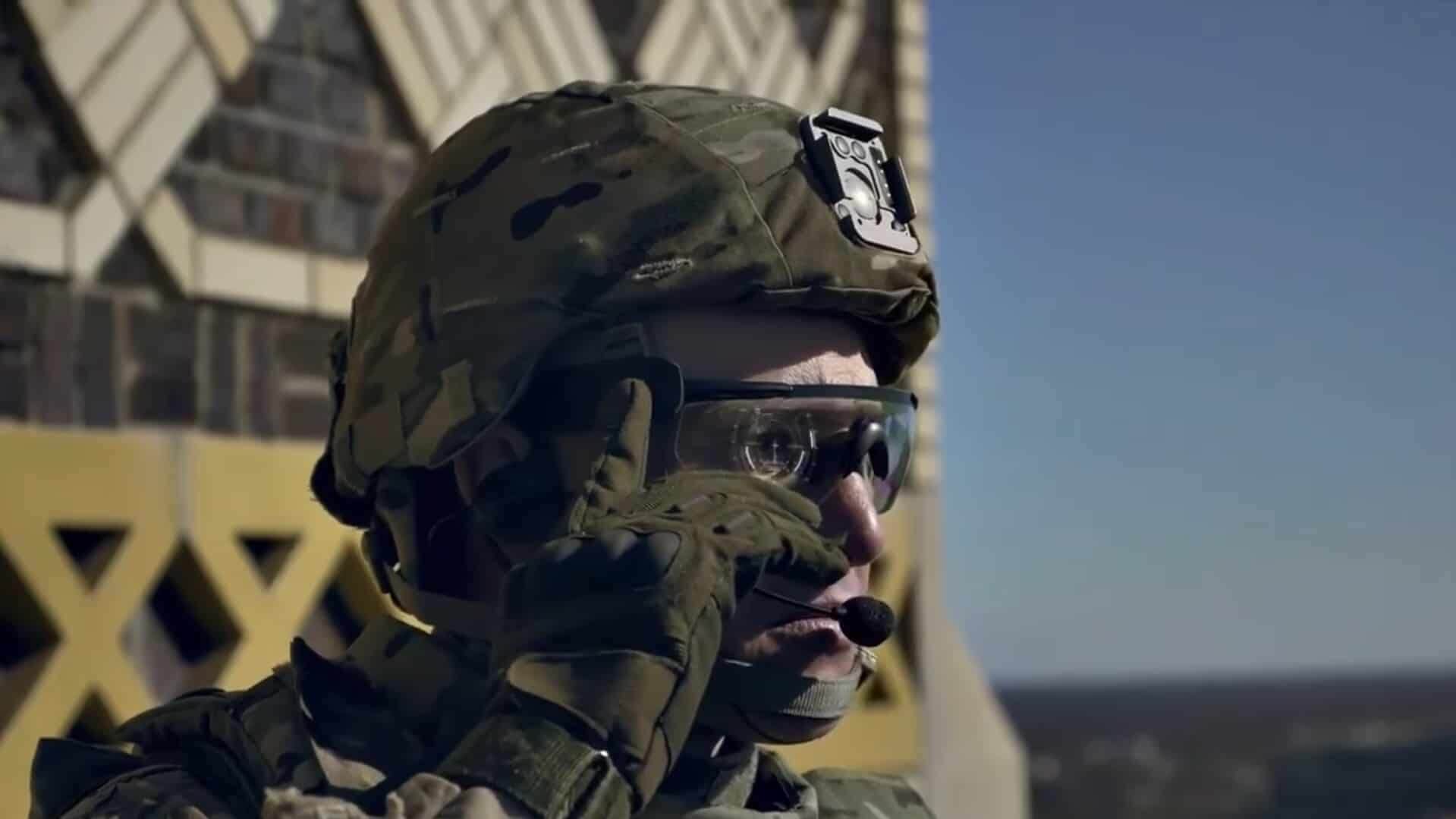A hot potato: Last year Microsoft entered an agreement with the Department of Defense to provide the US Army with augmented vision wear for its troops. While based on HoloLens technology, the military-grade version will have custom software to provide night vision, communication, targeting, and threat recognition capabilities.
It appears that despite worker backlash, Microsoft will continue working on a $479 million military contract. As we reported back in November 2018, the Redmond-based tech giant agreed to supply the US Army with 100,000 mixed reality headsets based on the HoloLens.
Pushback from more than 100 employees via an open letter to executives has failed to dissuade the company's commitment to the deal. Microsoft CEO Satya Nadella spoke with CNN at MWC 2019 and defended the company's stance to providing the military with the high-tech gear it wants.
"We made a principled decision that we're not going to withhold technology from institutions that we have elected in democracies to protect the freedoms we enjoy," said Nadella. "We were very transparent about that decision, and we'll continue to have that dialogue [with employees]."
Employees seem to be miffed with the idea that technology they are working on will be used to make soldiers more deadly. According to the contract proposal, the Army's goals is to provide troops with "increased lethality, mobility, and situational awareness" during combat missions. However, creating a more effective soldier is not the only benefit the tech will bring.

"The Israeli military, which has taken delivery of some HoloLens headsets, says the technology can be used to help commanders visualize the battlefield and field medics to consult doctors," notes CNN.
Being able to see a visualization of the combat zone can reduce collateral damage, and use by field medics has obvious life-saving benefits. Some would argue that such technology would reduce the overall casualties of war rather than increase them by making battles more precise and less drawn out.
Nadella reinforces what Microsoft's Chief Legal Officer Brad Smith said back in November.
"To withdraw from this market is to reduce our opportunity to engage in the public debate about how new technologies can best be used in a responsible way. We are not going to withdraw from the future. In the most positive way possible, we are going to work to help shape it."
Microsoft said it is willing to reassign employees who object to working on the project, but it is also committed to fulfilling the military contract.
"All of us who live in this country depend on its strong defense," said Smith. "The people who serve in our military work for an institution with a vital role and critical history."
